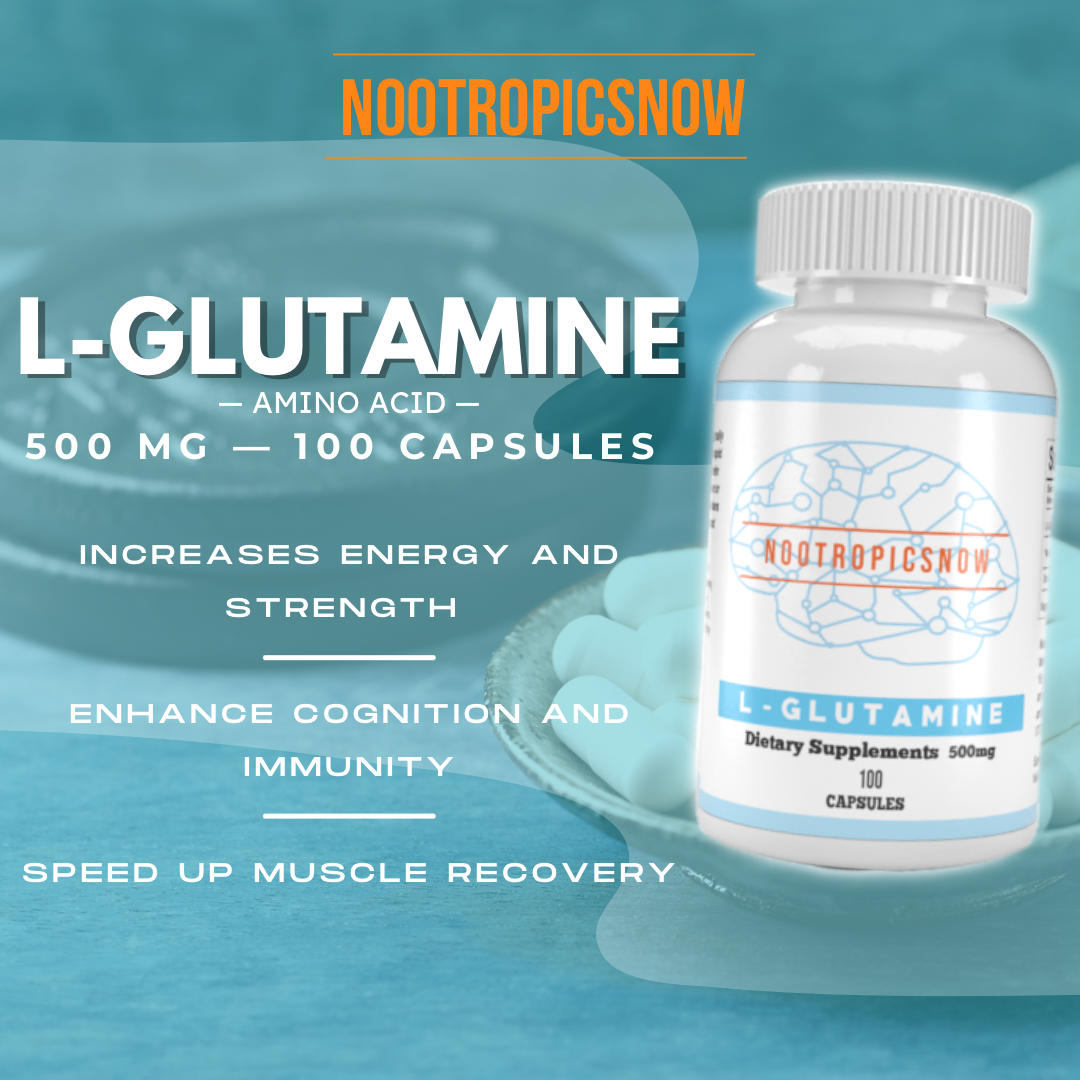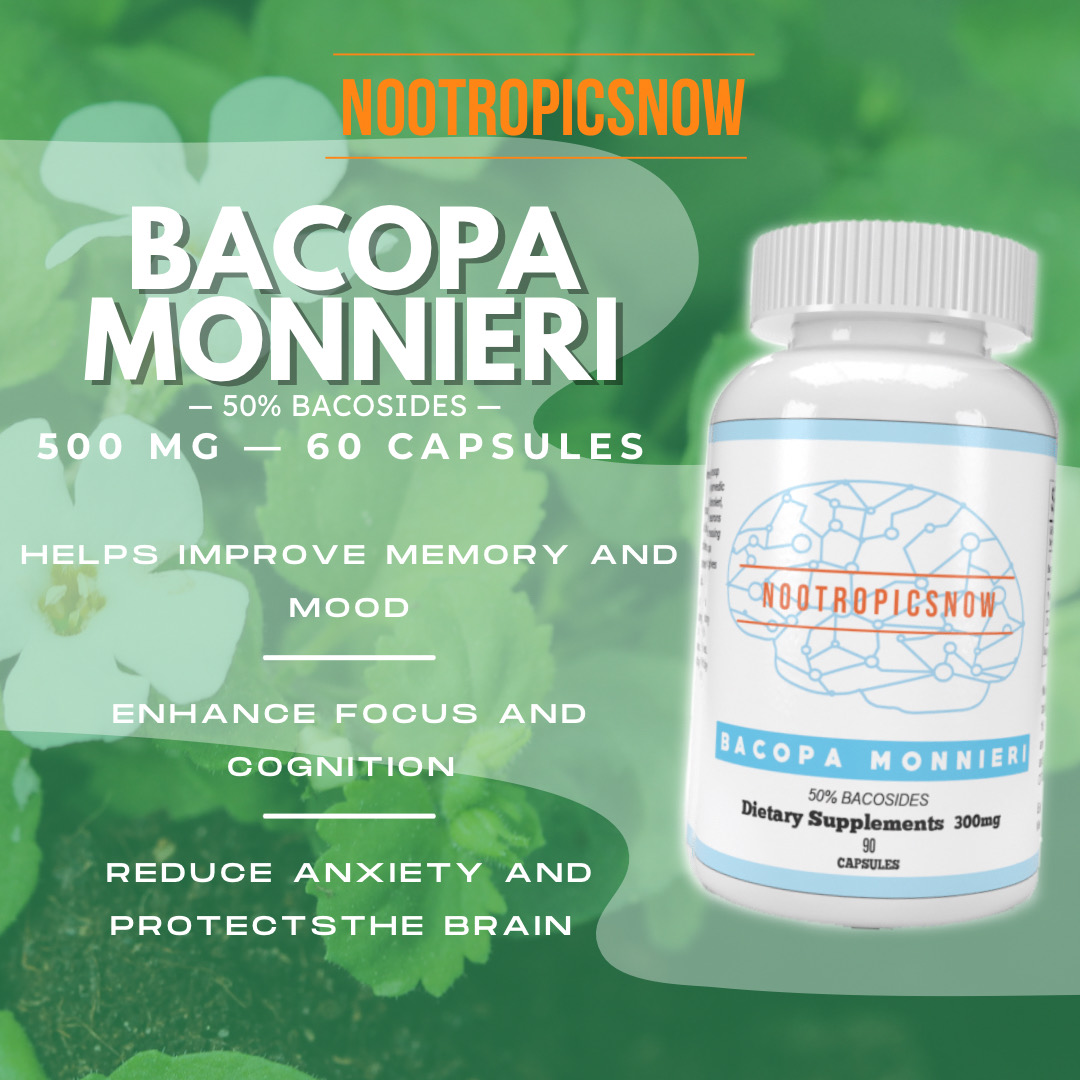Hormonal Imbalance Supplements Philippines

`markdown
Hormonal Imbalance Supplements in the Philippines: A Comprehensive Guide
Hormonal imbalances significantly impact well-being, especially for women in the Philippines experiencing menstruation, pregnancy, or menopause. Thankfully, various supplements and natural remedies can help restore balance and alleviate associated symptoms. However, understanding the options and their potential benefits is essential before starting any new regimen. This comprehensive guide delves into popular hormonal imbalance supplements available in the Philippines, their mechanisms of action, and how to use them safely.
Understanding Hormonal Imbalances
Hormones act as chemical messengers, regulating various bodily functions, including metabolism, reproduction, sleep, and mood. An imbalance occurs when hormone levels are too high or too low, disrupting these processes. Women are particularly susceptible to hormonal fluctuations during different life stages. Common causes include:
Symptoms of hormonal imbalances vary depending on the affected hormones but can include:
Key Hormonal Imbalance Supplements in the Philippines
Numerous supplements are marketed to address hormonal imbalances. However, not all are created equal. Below are some of the most common and well-researched options available in the Philippines.
1. Chasteberry (Vitex Agnus-Castus)
Chasteberry, or Vitex, is a popular herbal remedy used for centuries to alleviate PMS symptoms and regulate menstrual cycles. This supplement works by affecting the pituitary gland, which controls the release of several hormones, including luteinizing hormone (LH) and follicle-stimulating hormone (FSH). By influencing these hormones, Chasteberry can help balance estrogen and progesterone levels.
Benefits:
Dosage:
The typical dosage ranges from 20-40 mg of standardized extract per day. Consistency is key; it may take several months to experience noticeable benefits.
Caution:
Chasteberry is generally safe, but potential side effects include nausea, headache, and digestive upset. It is not recommended for pregnant or breastfeeding women or those taking hormone-containing medications.
2. Evening Primrose Oil (EPO)
Evening Primrose Oil is rich in gamma-linolenic acid (GLA), an omega-6 fatty acid that may help reduce inflammation and alleviate hormonal imbalance symptoms. GLA can be converted into prostaglandins, hormone-like substances that regulate various bodily functions.
Benefits:
Dosage:
The typical dosage ranges from 500-1500 mg per day.
Caution:
EPO is generally well-tolerated, but potential side effects include nausea, diarrhea, and headache. It may also interact with blood-thinning medications.
3. Black Cohosh
Black Cohosh is an herb traditionally used to relieve menopausal symptoms. Although its exact mechanism of action is not fully understood, it is believed to affect estrogen receptors in the brain, helping to reduce hot flashes, night sweats, and mood swings.
Benefits:
Dosage:
The typical dosage ranges from 20-80 mg of standardized extract per day.
Caution:
Black Cohosh may cause mild side effects such as stomach upset and headache. Rare but serious side effects include liver damage. It is not recommended for women with a history of liver disease or hormone-sensitive conditions. Consult with a doctor before using this herb.
4. DIM (Diindolylmethane)
DIM is a compound naturally produced when cruciferous vegetables like broccoli, cauliflower, and cabbage are digested. It supports healthy estrogen metabolism, helping to balance estrogen levels and promote detoxification.
Benefits:
Dosage:
The typical dosage ranges from 100-200 mg per day.
Caution:
DIM is generally safe, but potential side effects include headache, nausea, and darkened urine.
5. Magnesium
Magnesium is an essential mineral involved in hundreds of bodily functions, including hormone production and regulation. It helps regulate cortisol levels, supports thyroid function, and improves insulin sensitivity.
Benefits:
Dosage:
The recommended daily intake of magnesium is around 310-320 mg for women. Supplementation may be necessary to achieve optimal levels.
Caution:
High doses of magnesium can cause diarrhea. Start with a lower dose and gradually increase as tolerated.
6. Vitamin D
Vitamin D is a fat-soluble vitamin that acts as a hormone in the body. It plays a crucial role in bone health, immune function, and hormone regulation. Vitamin D deficiency is common, particularly in areas with limited sunlight exposure.
Benefits:
Dosage:
The recommended daily intake of vitamin D is 600-800 IU. However, individuals with a deficiency may require higher doses. A blood test can determine vitamin D levels.
Caution:
High doses of vitamin D can cause toxicity, leading to nausea, vomiting, and kidney damage. Consult a doctor before taking high-dose vitamin D supplements.
7. Omega-3 Fatty Acids
Omega-3 fatty acids, found in fish oil and flaxseed oil, are essential for overall health and hormone balance. They reduce inflammation, support brain function, and improve insulin sensitivity.
Benefits:
Dosage:
The recommended daily intake of omega-3 fatty acids is around 1000-2000 mg.
Caution:
High doses of omega-3 fatty acids can cause blood thinning. Consult a doctor if you are taking blood-thinning medications.
8. Probiotics
Probiotics are beneficial bacteria that support gut health. The gut microbiome plays a crucial role in hormone metabolism and detoxification. Imbalances in the gut microbiome can disrupt hormone balance.
Benefits:
Dosage:
Follow the dosage instructions on the probiotic supplement label.
Caution:
Some people may experience mild digestive upset when starting probiotics.
9. Myo-Inositol and D-Chiro-Inositol
Myo-inositol and D-chiro-inositol are isomers of inositol, a sugar-like compound that plays a role in insulin signaling and hormone regulation. These supplements are particularly beneficial for women with PCOS. Studies show that a 40:1 ratio of myo-inositol to D-chiro-inositol is ideal in helping balance hormone levels.
Benefits:
Dosage:
Typically recommended in a specific ratio of 40:1 (myo-inositol to DCI).
Caution:
Generally safe, but mild gastrointestinal discomfort may occur.
10. Ashwagandha
Ashwagandha is an adaptogenic herb that helps the body cope with stress. Chronic stress can disrupt hormone balance, leading to various symptoms.
Benefits:
Dosage:
The typical dosage ranges from 300-500 mg of standardized extract per day.
Caution:
Ashwagandha may cause drowsiness. It is not recommended for pregnant or breastfeeding women or those with thyroid disorders.

View Product
Buying Supplements in the Philippines
Many pharmacies, health food stores, and online retailers in the Philippines sell hormonal imbalance supplements. Popular online platforms like Lazada and Shopee offer a wide range of products, often at competitive prices. When purchasing supplements, consider the following:
Lifestyle Changes for Hormone Balance
While supplements can be helpful, lifestyle changes are also crucial for maintaining hormone balance. Consider the following:
Consulting a Healthcare Professional
Before starting any new supplement regimen, consult with a healthcare professional, such as a doctor or registered dietitian. They can help assess your individual needs, identify any potential drug interactions, and recommend the appropriate supplements and dosages. It is especially important to seek medical advice if you have underlying health conditions or are taking other medications.
The Future of Hormonal Balance Supplements
The field of hormonal imbalance supplements is constantly evolving. Ongoing research continues to uncover new and effective natural remedies. It is imperative to stay informed about the latest advancements and consult with healthcare professionals to make informed decisions about your health.
By understanding the causes and symptoms of hormonal imbalances, exploring available supplement options, making healthy lifestyle changes, and seeking guidance from healthcare professionals, women in the Philippines can effectively manage their hormone levels and improve their overall well-being.
`
Understanding Hormonal Imbalance
Hormonal imbalance occurs when the endocrine glands produce too much or too little of certain hormones. This disruption can lead to a wide array of symptoms that significantly impact physical and mental well-being. In women, hormonal imbalances are often linked to menstrual cycles, pregnancy, perimenopause, and menopause. However, various factors can contribute to these imbalances, including stress, diet, and underlying medical conditions. Recognizing the signs and understanding the root causes is crucial for effective management and treatment. Supplementation can play a key role in managing symptoms and restoring hormonal balance, but it’s important to choose the right supplements and use them appropriately.
Common Symptoms of Hormonal Imbalance in Women
Hormonal imbalances manifest in various ways, impacting different aspects of a woman’s health. Common symptoms include:
View Product-Nootropic-Brain-Supplement-Anti-Anxiety-Stress-Sleep-Serotonin-i.202321183.6375537774)
Understanding these symptoms helps women identify potential hormonal imbalances and seek appropriate medical advice and treatment options.
The Role of Supplements in Managing Hormonal Imbalance
Supplements can be a valuable tool in managing hormonal imbalances, but they should be used as part of a holistic approach that includes lifestyle modifications and, in some cases, medical interventions. Supplements can help alleviate specific symptoms, support hormone production, and improve overall hormonal health. However, it’s crucial to understand that supplements are not a substitute for medical treatment and should be used under the guidance of a healthcare professional. The effectiveness of supplements can vary depending on the individual, the specific hormonal imbalance, and the quality of the supplement. It’s also important to be aware of potential interactions between supplements and medications.
Popular Hormonal Imbalance Supplements in the Philippines
Several supplements are popular in the Philippines for managing hormonal imbalances. These include both herbal remedies and vitamins/minerals. Here’s a detailed look at some of the most commonly used options:
1. Chasteberry (Vitex Agnus Castus)
Description: Chasteberry, also known as Vitex, is an herbal supplement derived from the fruit of the chaste tree. It has been used for centuries to treat various female reproductive health issues.
Mechanism of Action: Chasteberry works by influencing the pituitary gland, which regulates the production of several hormones, including luteinizing hormone (LH) and follicle-stimulating hormone (FSH). It’s believed to have a dopamine-agonistic effect, which helps reduce prolactin levels. High prolactin can interfere with ovulation and menstrual regularity.
Benefits:
Dosage: The typical dosage ranges from 20-40mg of standardized extract per day. It’s best to take chasteberry in the morning on an empty stomach.
Precautions: Chasteberry is generally considered safe, but some women may experience mild side effects such as nausea, headache, or digestive upset. It’s not recommended for women who are pregnant or breastfeeding, or those taking hormonal medications like birth control pills.
2. Evening Primrose Oil (EPO)
Description: Evening primrose oil is derived from the seeds of the evening primrose plant. It is rich in gamma-linolenic acid (GLA), an omega-6 fatty acid that has anti-inflammatory properties.
Mechanism of Action: GLA is a precursor to prostaglandins, hormone-like substances that play a role in regulating inflammation and hormonal balance.
Benefits:
Dosage: The typical dosage ranges from 1000-3000mg per day, divided into multiple doses.
Precautions: EPO is generally safe, but some people may experience mild side effects such as nausea, diarrhea, or headache. It may interact with blood-thinning medications, so it’s important to consult a healthcare professional before use if you are taking anticoagulants.
3. Black Cohosh
Description: Black cohosh is an herbal supplement derived from the root of the black cohosh plant. It has been traditionally used to treat menopausal symptoms.
Mechanism of Action: The exact mechanism of action is not fully understood, but black cohosh is believed to affect estrogen receptors in the brain, helping to regulate body temperature and reduce hot flashes.
Benefits:
Dosage: The typical dosage ranges from 40-80mg of standardized extract per day, divided into two doses.
Precautions: Black cohosh is generally considered safe for short-term use (up to six months). However, some people may experience mild side effects such as stomach upset, headache, or dizziness. There have been rare reports of liver problems associated with black cohosh, so it’s important to monitor liver function if using it long-term. Women with a history of hormone-sensitive conditions (e.g., breast cancer) should consult a healthcare professional before using black cohosh.
4. DIM (Diindolylmethane)
Description: DIM is a naturally occurring compound found in cruciferous vegetables like broccoli, cauliflower, and kale. It is a metabolite of indole-3-carbinol (I3C).
Mechanism of Action: DIM promotes healthy estrogen metabolism by shifting the balance away from more potent forms of estrogen (e.g., 16-alpha-hydroxyestrone) and towards a less potent form (2-hydroxyestrone). This can help reduce the risk of estrogen-related problems.
Benefits:
Dosage: The typical dosage ranges from 100-300mg per day.
Precautions: DIM is generally considered safe, but some people may experience mild side effects such as headache, nausea, or darkened urine. It may interact with certain medications, so it’s important to consult a healthcare professional before use.
5. Magnesium
Description: Magnesium is an essential mineral that plays a crucial role in over 300 enzymatic reactions in the body, including hormone production and regulation.
Mechanism of Action: Magnesium helps regulate the production and function of various hormones, including estrogen, progesterone, and cortisol. It also supports insulin sensitivity and reduces inflammation.
Benefits:
Dosage: The recommended daily intake of magnesium is 310-320mg for women. However, some people may benefit from higher doses (up to 400mg per day) to address specific symptoms.
Precautions: Magnesium is generally safe, but high doses can cause diarrhea. It may interact with certain medications, such as antibiotics and diuretics, so it’s important to consult a healthcare professional before use.
6. Vitamin D
Description: Vitamin D is a fat-soluble vitamin that plays a vital role in bone health, immune function, and hormone production.
Mechanism of Action: Vitamin D acts as a hormone in the body, influencing the expression of genes involved in hormone production and regulation.
Benefits:
Dosage: The recommended daily intake of vitamin D is 600 IU for adults. However, many people may need higher doses (1000-2000 IU per day) to maintain optimal vitamin D levels, especially during winter months or if they have limited sun exposure.
Precautions: Vitamin D is generally safe, but high doses can cause toxicity, leading to symptoms such as nausea, vomiting, and kidney problems. It’s important to monitor vitamin D levels with a blood test and consult a healthcare professional before taking high doses.
7. B Vitamins (B6, B12, Folate)
Description: B vitamins are a group of essential nutrients that play a crucial role in energy production, nerve function, and hormone metabolism.
Mechanism of Action: B vitamins are involved in the synthesis and breakdown of various hormones, including estrogen, progesterone, and thyroid hormones. They also support liver detoxification, which is important for eliminating excess hormones from the body.
Benefits:
Dosage: The recommended daily intake of B vitamins varies depending on the specific vitamin. It’s best to take a B complex supplement that contains a balanced combination of B vitamins.
Precautions: B vitamins are generally safe, but high doses of certain B vitamins (e.g., B6) can cause nerve damage. It’s important to follow the recommended dosage guidelines and consult a healthcare professional before taking high doses.
8. Omega-3 Fatty Acids
Description: Omega-3 fatty acids are essential fats found in fatty fish, flaxseeds, and walnuts. They have anti-inflammatory properties and play a crucial role in brain health and hormone production.
Mechanism of Action: Omega-3 fatty acids, particularly EPA and DHA, reduce inflammation, which can improve hormone sensitivity and support overall hormonal balance.
Benefits:
Dosage: The recommended daily intake of omega-3 fatty acids is 1-2 grams of EPA and DHA. This can be obtained through diet or supplementation.
Precautions: Omega-3 fatty acids are generally safe, but high doses can cause bleeding problems. It’s important to consult a healthcare professional before use if you are taking blood-thinning medications.
How to Choose the Right Hormonal Imbalance Supplements
Choosing the right hormonal imbalance supplements requires careful consideration and research. Here are some tips to help you make informed decisions:
Lifestyle Modifications for Hormonal Balance
In addition to supplements, lifestyle modifications play a crucial role in managing hormonal imbalances. These changes can help support hormone production, reduce inflammation, and improve overall hormonal health. Here are some key lifestyle modifications to consider:



